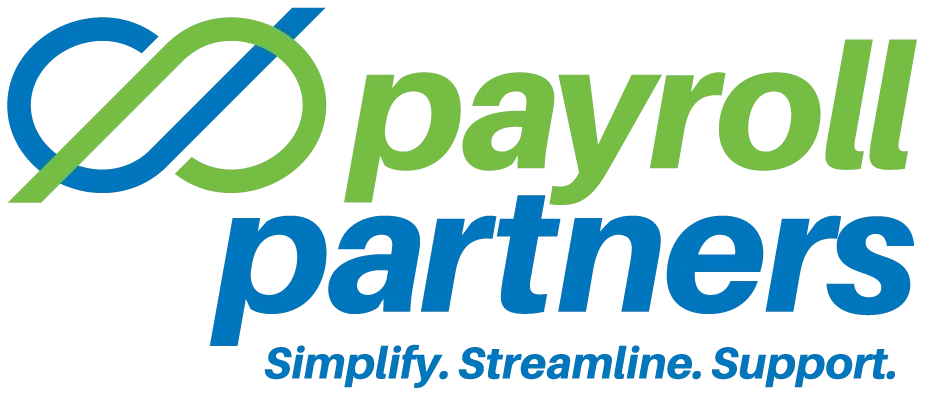A federal appellate court has upheld a lower court’s ruling that a marketing call center wrongfully docked employees for breaks of 20 minutes or less during which they were logged off of their computers and didn’t have to perform any work related duties [Secretary United States Department of Labor v. American Future Systems, Inc., d/b/a Progressive Business Publications, CA3, Dkt. No. 16-2685, 10/13/17].
The Facts. Progressive Business Publications (PBP) did not provide paid breaks to its sales representatives, but allowed them to log off of their computers at any time. Progressive only paid the sales representatives for the time they were logged off of their computers if they were logged off for less than ninety seconds. This includes not paying them for time they were logged off to use the bathroom or get coffee if ninety seconds or more. The policy also applied to any break taken after a particularly difficult sales call to get ready for the next call. On average, sales representatives were each paid for just over five hours per day at the federal minimum wage rate of $7.25 per hour.
The U.S. Department of Labor (DOL) filed suit, claiming that this time keeping procedure violated the Fair Labor Standards Act (FLSA) by failing to pay the federal minimum wage rate to employees subject to this policy. The lower court agreed with the DOL and a federal judge fined PBP $1.75 million. PBP appealed the ruling.
The Law. The DOL believed that the time was compensable under 29 CFR 785.18 , which requires rest periods of short duration, running from 5 minutes to about 20 minutes, to be counted as hours worked.
PBP argued that it did not have to pay the sales representatives for the time that they were logged off their computer in accordance with 29 CFR 785.16 , which provides that periods during which an employee is completely relieved from duty, and which are long enough to enable him to use the time effectively for his own purposes, are not hours worked. PBP noted that, under its policy, employees were basically free to do anything they choose and could even leave the job site when logged off of their computers. Therefore, according to PBP, the time when employees were logged off of their computers did not constitute “work,” and the FLSA did not apply.
The Ruling. The appellate court agreed with the lower court that PBP needed to pay the sales representatives for the time they were logged off of their computers. The appellate court said that this time off should really have been classified as breaks, and it was well established in case law that some breaks constitute “hours worked” under the FLSA. The court added that hours worked is not limited to the time an employee actually performs his or her job duties.
The court said that PBP cannot force employees to choose between such basic necessities as going to the bathroom or getting paid, as this is clearly in violation of the FLSA which is a “humanitarian and remedial legislation” and “has been liberally interpreted.”
The court also noted that the Wage and Hour Division of the DOL has consistently held in various opinion letters over 46 years that breaks are hours worked under the FLSA, without evaluating the relative merits of an employee’s activities.
The court believed that PBP failed to recognize that while 29 CFR 785.16 provides general guidance regarding the compensability of hours worked, 29 CFR 785.18 sets forth a separate and more specific regulation carving out the compensability of breaks that are 20 minutes or less. The court supported the DOL’s determination that breaks of 20 minutes or less are insufficient to allow for anything other than the kind of activity (or inactivity) that, by definition, primarily benefits the employer. The court said that was certainly true in this instance where such short work intervals better prepared the sales representatives to deal with the next call.

